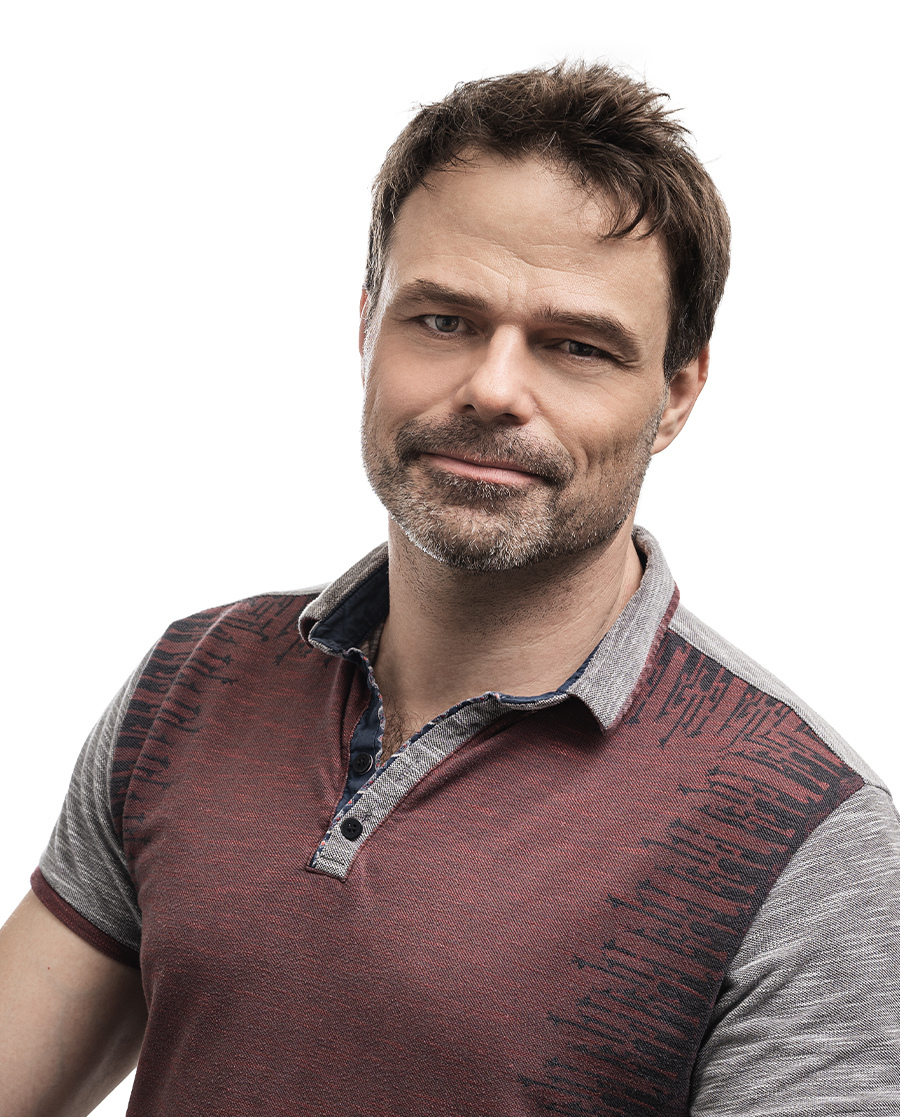
Cellular stress
Cellular stress pathways are essential for cancer cells' survival and significantly contribute to therapeutic resistance. They help the cells to deal with various cancer hallmarks, including elevated DNA damage accompanied by accumulation of mutations, DNA replication problems, accumulation of defective proteins, free radicals, nutrient deficiency, hypoxia, etc. Our methods and expertise identify and target these stress pathways directly inside cancer cells. Such research has great potential in finding new prediction markers, improving standard anticancer therapy, and suggesting new therapeutic targets.
- DNA damage and repair and genomic instability
- Replication stress
- Proteotoxic stress and proteostasis
- Mechanical stress
- Oncogenic and free radicals stress
- Exploration of mechanical stress-promoted perturbation of the cell cycle in cancer cells.
- Identification and structural characterization of novel NPL4 inhibitors and insight into its mode of action.
- Cannabidiol as a potential attenuator of the efficacy of chemotherapeutics.
- Development of nano-formulated diethyldithiocarbamate-copper complex as an anticancer drug.
- Identification of new compounds with senolytic effect and mechanism of their action in senescent cells.
- Insight into cellular proteotoxic stress response using new microthermal protein damage methodology.
- Effects of long-term mild hypothermia (fever-like hyperthermia) on cancer cells.
- Cellular DNA damage response in the context of cance.
- Published Application: EP 20198904.3 under EP 20198904 (7.4.2022). Ownership: Palacky University, Olomouc. Inventors: Mistrík Martin, Škrott Zdeněk, Bártek Jiří, Panáček Aleš, Kvítek Libor, Hochvaldová Lucie.
Status: Terminated
Utility Model: CZ 35118. Granted: 1.6.2021. Ownership: Palacky University, Olomouc. Inventors: Mistrík Martin, Škrott Zdeněk, Oždian Tomáš.
Status: Available
Utility Model: CZ 34546. Granted: 16.11.2020. Ownership: Palacky University, Olomouc. Inventors: Mistrík Martin, Bártek Jiří.
Status: Available
| Projekt: | Cellular stress in health and disease |
|---|---|
| Vedoucí: | Mistrík Martin Ph.D., Moudrý Pavel Ph.D., Škrott Zdeněk Ph.D. |
| K dispozici: | 3 |
| Určeno pro: | Doktorské studium |
| Projekt: | DNA damage signaling in the cellular response to stress |
|---|---|
| Vedoucí: | Mistrík Martin Ph.D. |
| K dispozici: | 1 |
| Určeno pro: | Doktorské studium |
| Souhrn: | 1 place in full-time study |
| Projekt: | DNA damage signaling in the cellular response to stress |
|---|---|
| Vedoucí: | Mistrík Martin Ph.D. |
| K dispozici: | 1 |
| Určeno pro: | Doktorské studium |
| Souhrn: | 1 place in full-time study |
| Projekt: | Study of DNA double-strand break repair in tumor model |
|---|---|
| Vedoucí: | Mistrík Martin Ph.D. |
| K dispozici: | 1 |
| Určeno pro: | Doktorské studium |
| Souhrn: | The so-called double-strand breaks (DSB) are the most lethal DNA lesions, which can be potent sources of mutations and thus become the beginning of irreversible genetic changes leading to degenerative illnesses, including cancer. At the same induction of DSBs introduced in the proper setup can become an unsolvable problem for the cells, particularly in specific genetic backgrounds typical for cancer, which fact is the rationale for a plethora of cancer treatment strategies. Thus the way cells deal with DSBs is under the great interest of current medicinal and biological research. The Ph.D. student will practice several methods of induction of DSBs via various sources such as gamma rays, alpha particles, UV light and various chemical inducers. Next will be studied the molecular mechanisms the cell deal with this type of DNA damage. Emphasis will be put on differences between normal and cancer cells and their potential exploration for cancer therapy. Student will also learn mutiple laboratory techniques including cell culture, RNA/DNA transfections, advanced microscopic techniques, live-cell imaging, and various biochemical analysis of proteins. |
| Projekt: | Signaling DNA damage in cellular response to stress |
|---|---|
| Vedoucí: | Mistrík Martin Ph.D. |
| K dispozici: | 1 |
| Určeno pro: | Doktorské studium |
| Souhrn: | Our DNA is constantly under threat from DNA damaging agents. If unrepaired DNA damage can lead to errors during genome duplication, including the mutations that can lead to cancer, contribute to aging and other human diseases. Cells have evolved elaborate repair mechanisms to fix this damage and ensure that the genetic information is faithfully reproduced, and we would like to understand these repair mechanisms at the molecular level. We ultimately aim for a complete molecular and cellular understanding of critical DNA repair pathways that act on DNA damage. The Ph.D. student will practice several molecular and cellular techniques, including cell culture, RNA interference, immunofluorescence microscopy, live-cell imaging and immunoprecipitation of proteins. He/she will also learn novel and powerful techniques, such as super-resolution microscopy and purification of proteins on newly synthesized DNA. |



